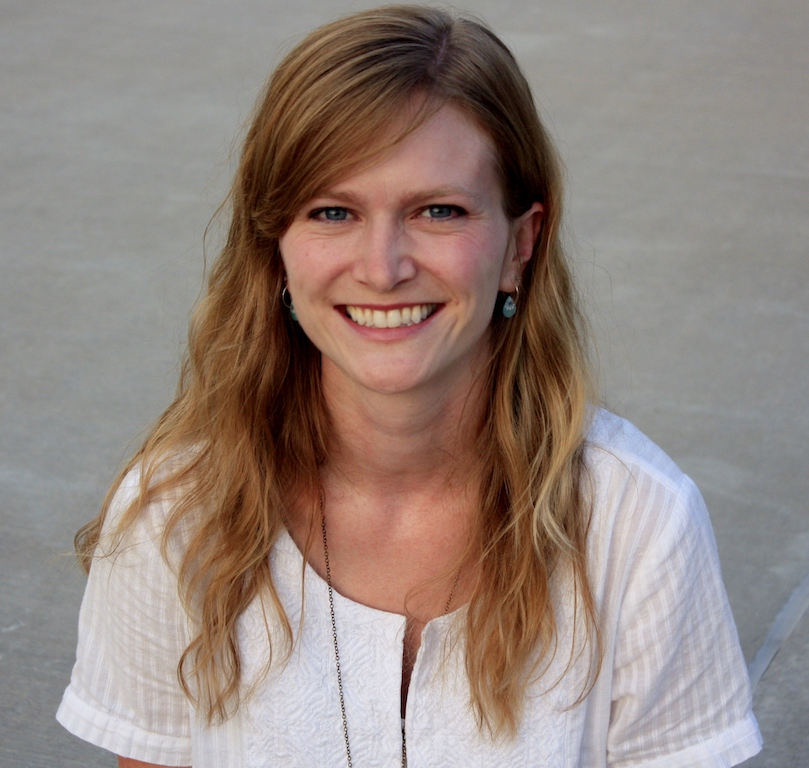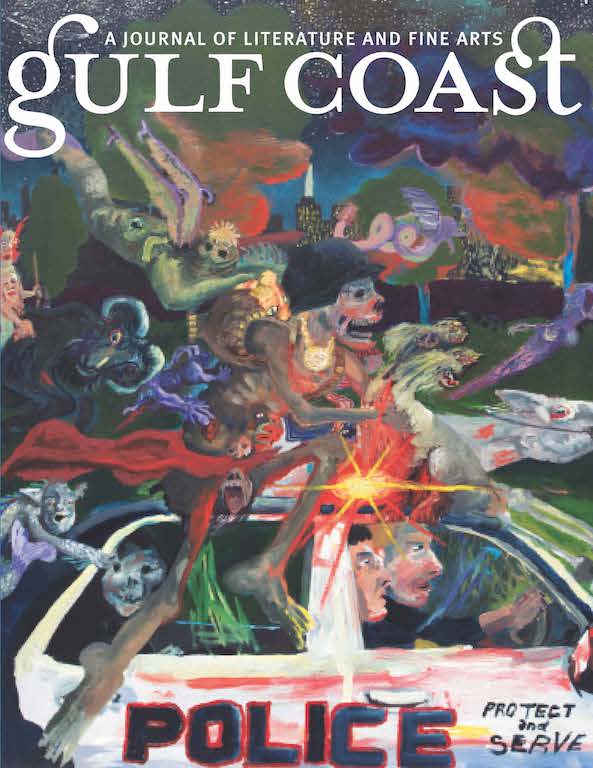When it comes to decapitations I just have to say one thing:it’s tough to learn to perfect a smile for the executioner.The executioner’s nobility, like a beauty pageant, has beenforged by long tradition.Also present is the public, they haven’t paid admission,they’ve endorsed justice without understanding it. Theylisten to the leader’s voice without any sign of approvalwhatsoever, just waiting to find out what a body withno head is like.But the show lasts only seconds. They know this: thinkabout second chances, about past lives, parallel worlds,the beyond, and meanwhile, all the great ideologies can fitinto a refrigerator.That’s why a poem isn’t a poem if it doesn’t know how tosuspend death. That’s why the axe never makes it to theneck, but it’s there, at the point of dismembering it.
Títulos nobiliarios
Sobre las decapitaciones solo tengo que decir una cosa: es difícilaprender a tener la sonrisa perfecta para el verdugo. La nobleza delverdugo que toda la tradición forja como un certamen de belleza.También está el público que no ha pagado entrada, que se hasumado a la justicia sin comprenderla. Escucha la voz del líder singestos aprobatorios, sólo esperando saber cómo es un cuerpo sincabeza.Pero el show dura segundos. Lo saben: piensa en la segundaoportunidad, en las vidas pasadas, en los mundos paralelos en elmás allá, mientras las grandes ideologías caben una refrigeradora.Por eso un poema no es un poema si no sabe congelar la muerte.Por eso el hacha nunca llega a su cuello, pero está ahí, a punto dedesmembrarlo.






